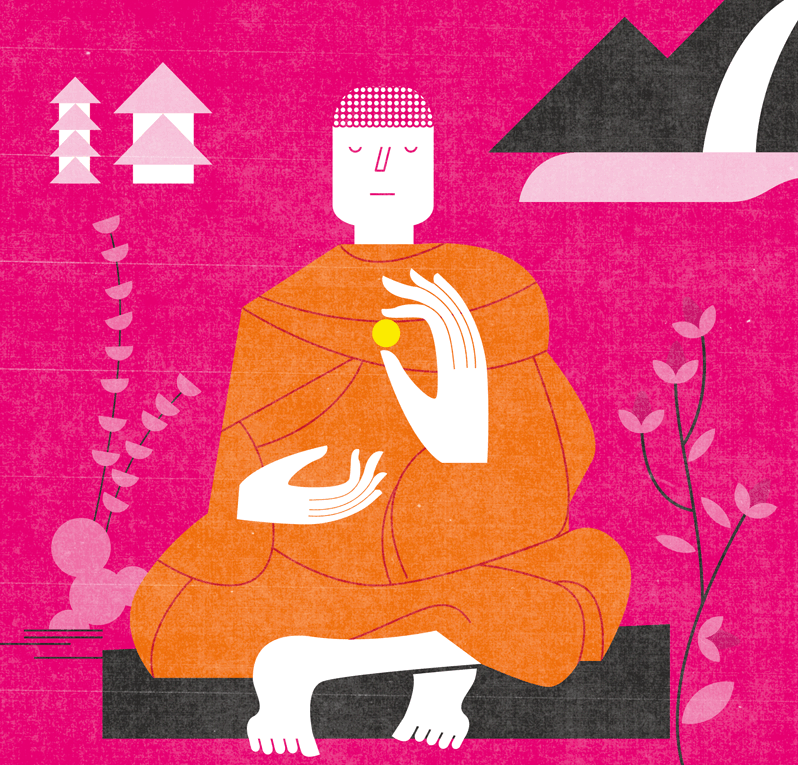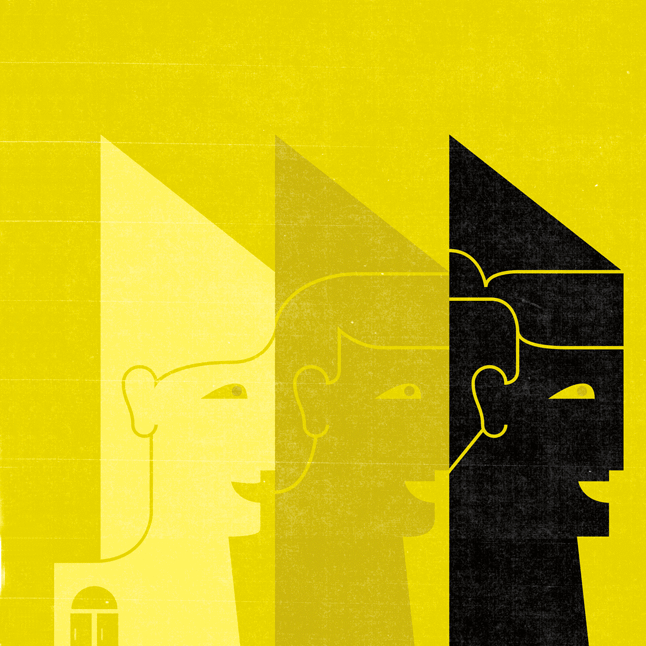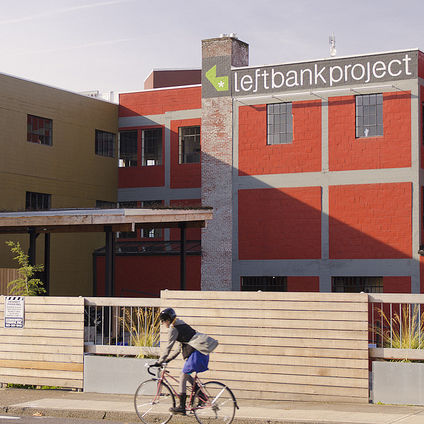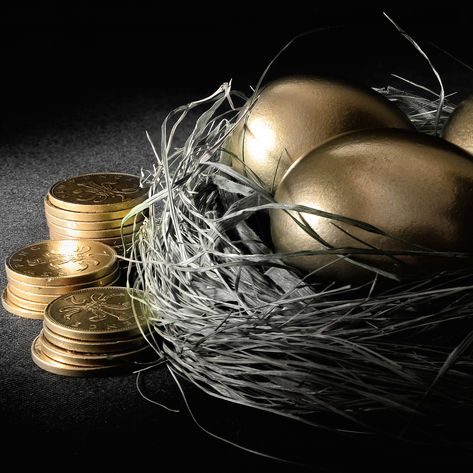How Would the Buddha Budget?

Image: Matthew Hollister
While many self-declared financial therapists have business backgrounds, Portland’s Laura Martin favors Buddhist-based “mindfulness.” How can your bank account benefit from the teachings of an ancient prince who renounced material possessions? We found out.
Give us the hard sell: what is financial therapy? People find that money becomes painful for whatever reason. Therapy can provide a space for people to become aware of these dynamics and assess. Is this some trauma from family of origin? Is this simply a need for additional skill? Is this some addictive or compulsive type behavior? Is this a communication issue within couples? What’s deeply important to us can be expressed through how we spend money. What are your core values? Can we work with how money is getting closer to that?
What did the Buddha say about money? A lot, actually. He talked about the importance of living within your means—balance. He said it’s OK to amass wealth if you’re not harming anybody, and if money isn’t just for your own gratification. Our wants are endless. He said something like, even if you had a mountain of gold, it still wouldn’t satisfy the wants of one person.
What do you talk about with your average client? There can be suffering regardless of how many zeroes there are on the bottom line. I get a sense of their money history and beliefs. Then it’s important to look at what’s happening right now. And then we get to look at the future: what do you want, and how can money express your deepest values?
Do you work with them to set a budget? I would call it a spending plan, not a budget. That word’s like a bomb. We’ll look at last month. How would you do it differently? Tracking spending is an awareness exercise. We’ll teach a basic meditation process: a way to make it a habit to notice our thoughts, emotions, and behavior. Then it’s easier to notice when you’re engaging in something that’s not so helpful. In addition, it can be helpful to do basic gratitude meditation. We often believe we don’t have enough. It’s about shifting our mindstate.


















